PRODUCT CATEGORIES
Aluminum Alloy Heat Sink
The main function of the amplifier heat sink is to reduce the heat generated by the amplifier during the working process, to ensure its normal operation and extend its service life. The amplifier will generate a lot of heat when working, if not timely heat dissipation, high temperature may lead to equipment performance degradation or even damage. Therefore, an efficient heat dissipation system is one of the key aspects of amplifier design.
The Importance of Amplifier Heat Sinks
. Ensure the stable operation of the equipment: Efficient heat dissipation system can prevent the performance of the amplifier from deteriorating or being damaged due to overheating, and ensure the stable operation of the equipment for a long period of time.
. Extend the service life: good heat dissipation helps to reduce the aging of electronic components caused by high temperature, thus extending the service life of the amplifier.
. Enhance the sound quality: a stable temperature environment can ensure that the output power of the amplifier and the sound quality is maintained in the best state, to avoid the loss of sound quality caused by temperature fluctuations.
Design Requirements and Technical Challenges of Amplifier Heat Sinks
. Material selection: choose the right thermal conductive material: aluminum alloy to achieve the best heat dissipation effect, while considering the durability of the material.
. Structural design: Design the appropriate heat dissipation structure according to the specific requirements of the amplifier, including the shape and spacing of the fins as well as the overall dimensions, in order to maximize the heat exchange efficiency.
. Surface treatment: anodizing, painting and other protective treatments are applied to the heat sink to enhance appearance and durability.
. Production process innovation: more precise CNC machining and die-casting technology are used to improve production efficiency and product quality.
. Environmental Requirements: As environmental regulations become stricter, we are adopting greener solutions in material selection and waste disposal.
We focus on providing high-quality heat sinks, dedicated to meeting the diverse needs of our customers. Welcome customers to provide drawings for sampling, we will use exquisite craftsmanship and a rigorous attitude to create heat sink products that meet your requirements. Looking forward to cooperating with you to create a better future together!
All products can be customized:
Color: black, silver or other
Size: Customizable
Shape: Customizable
Perforation: customizable
Substrate thickness: customizable
Surface treatment process: customizable
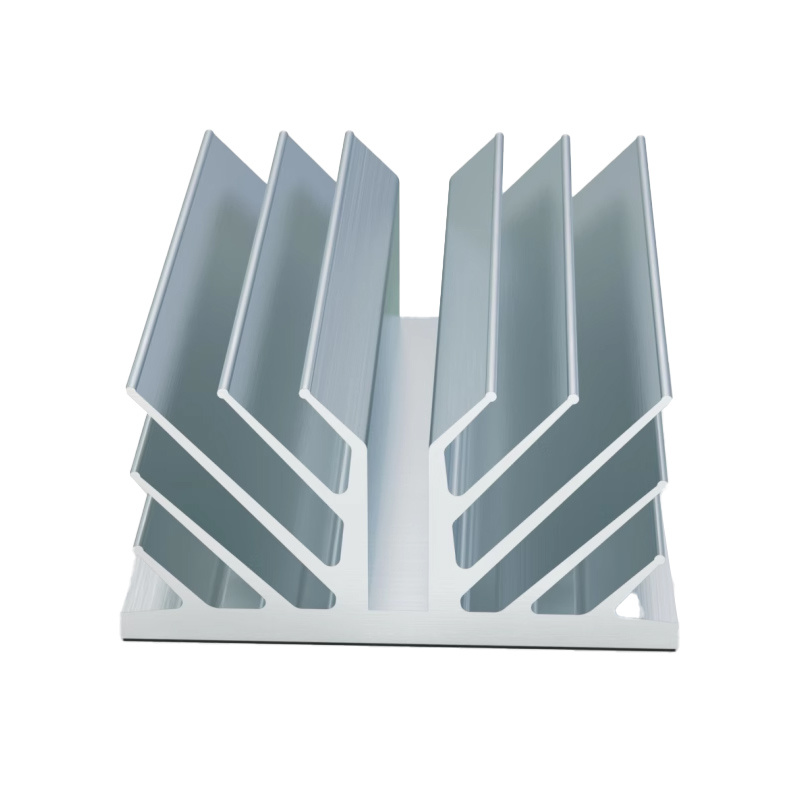

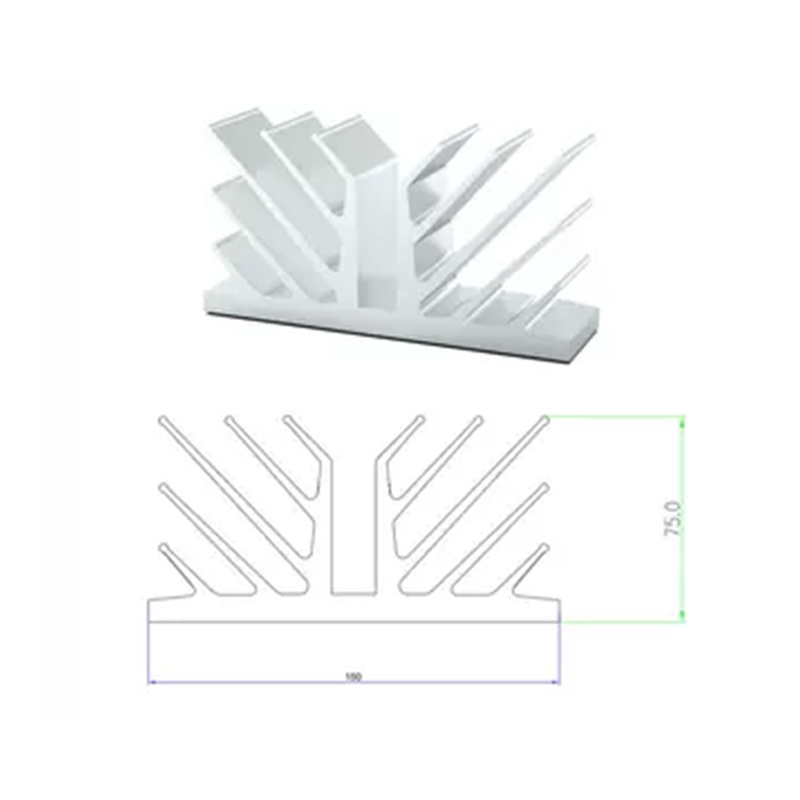
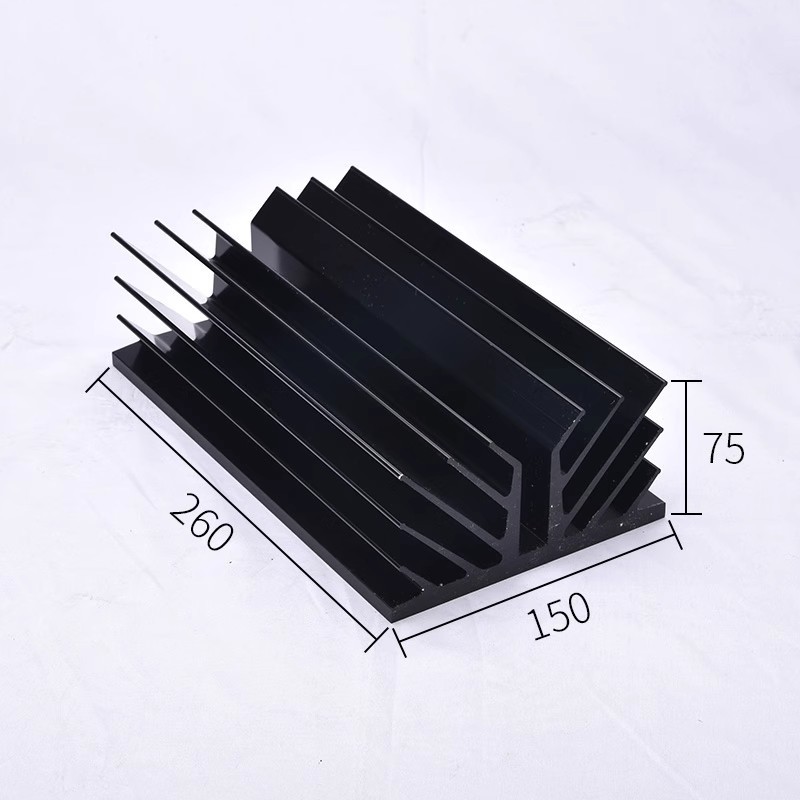
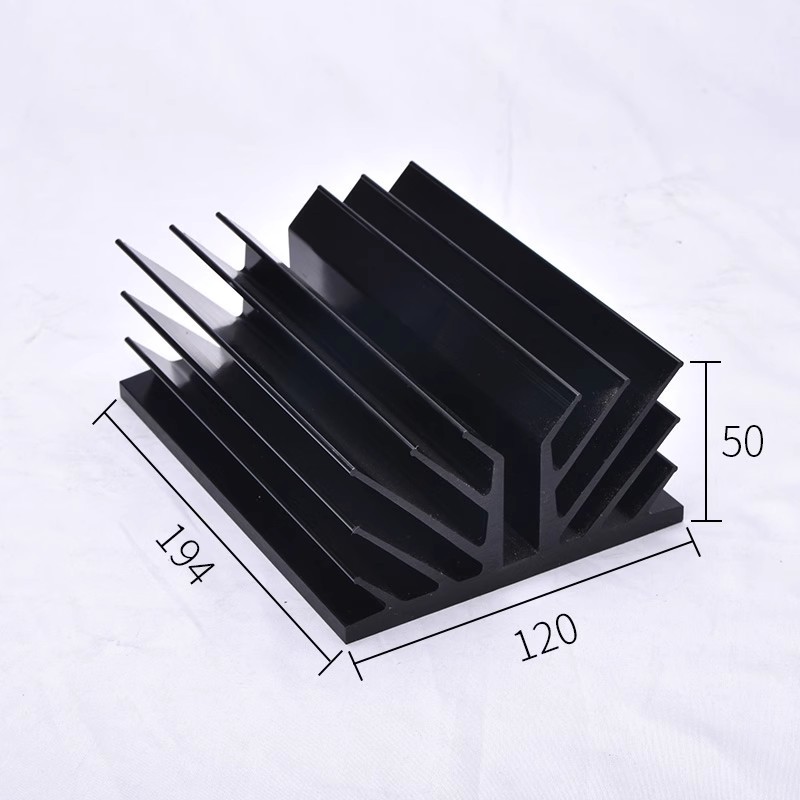

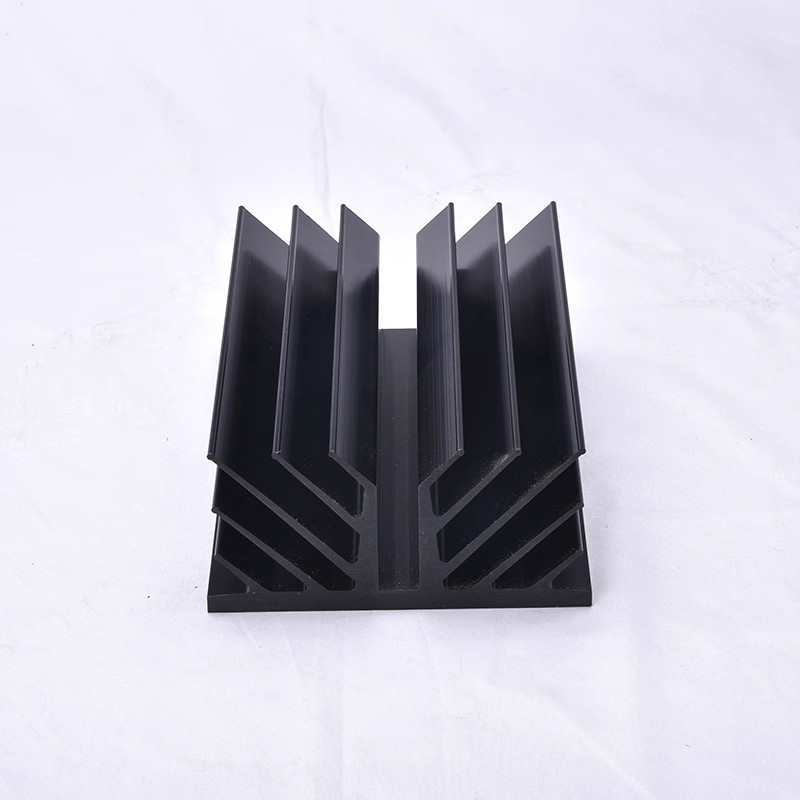

Y-shaped Heat Sink
High-power design: "Y" radiator adopts high-power design, which can meet the needs of class A power amplifier with high dissipation power and ensure long-term stable operation of the power amplifier.

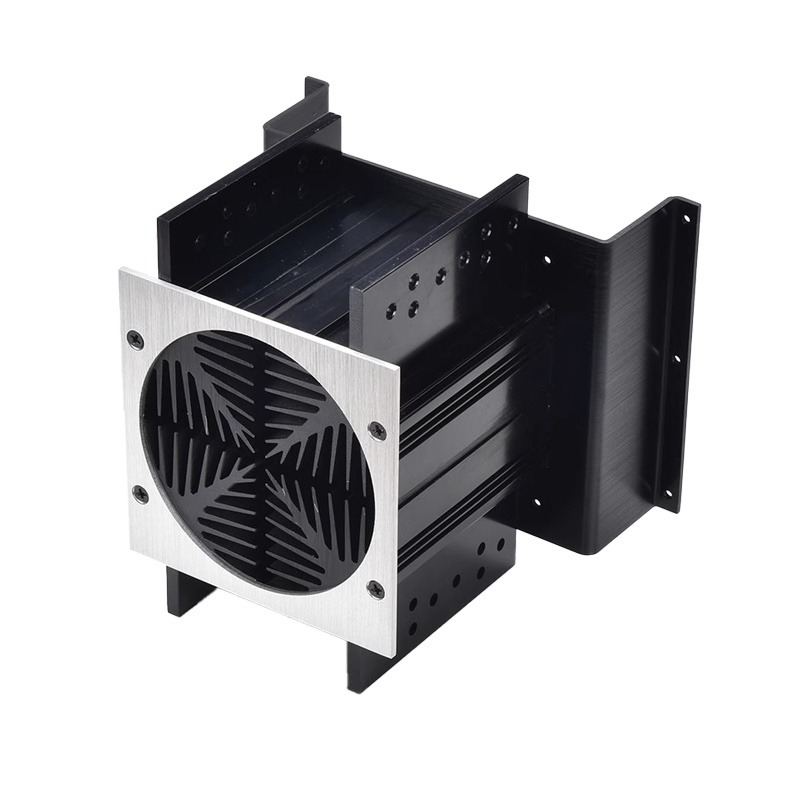
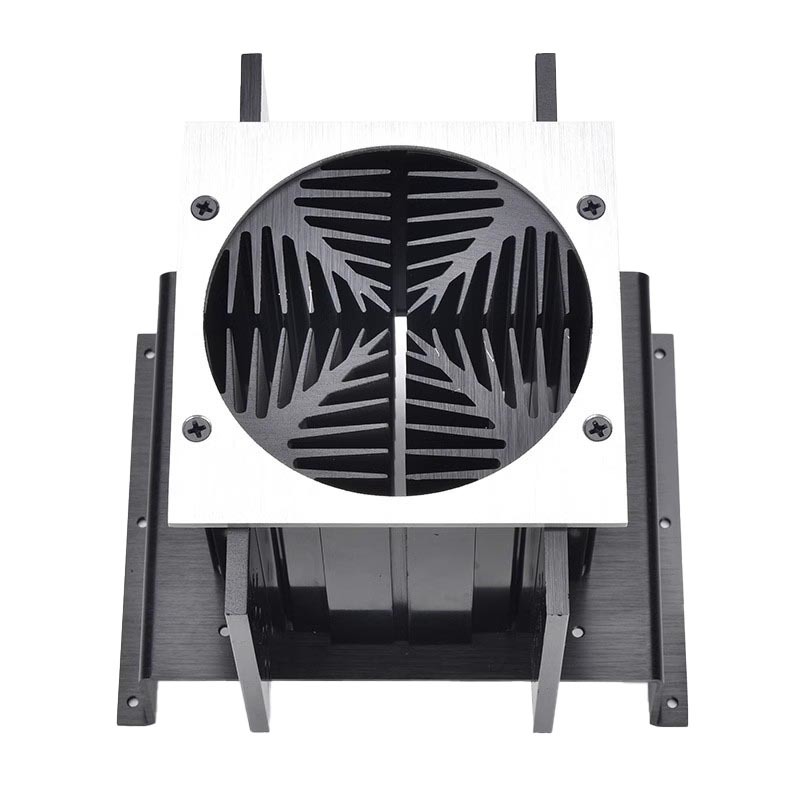
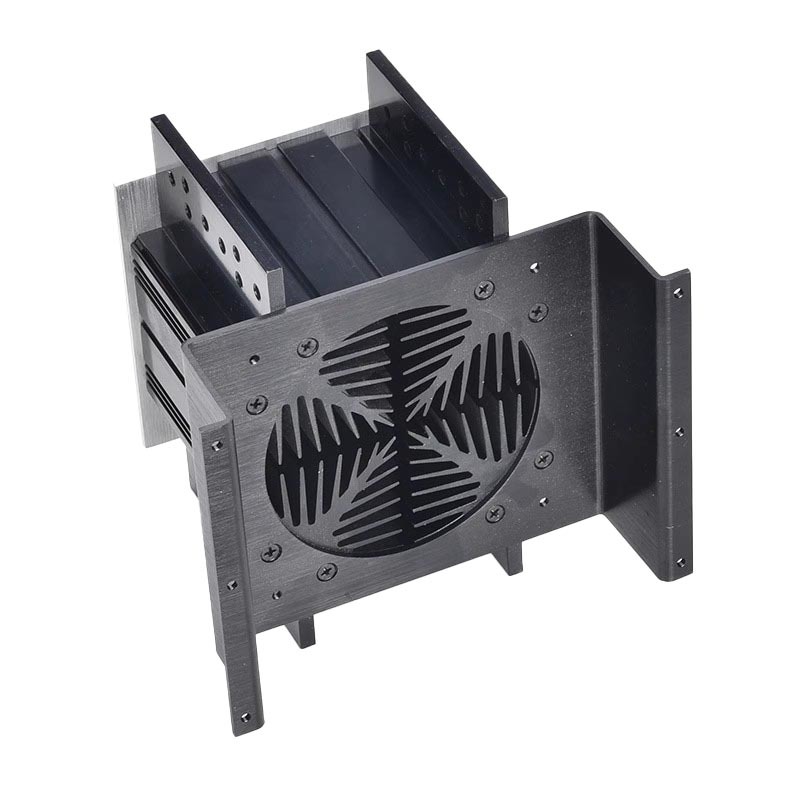
Y-shaped Heat Sink
The main function of the amplifier heat sink is to reduce the heat generated by the amplifier during the working process, to ensure its normal operation and extend its service life.
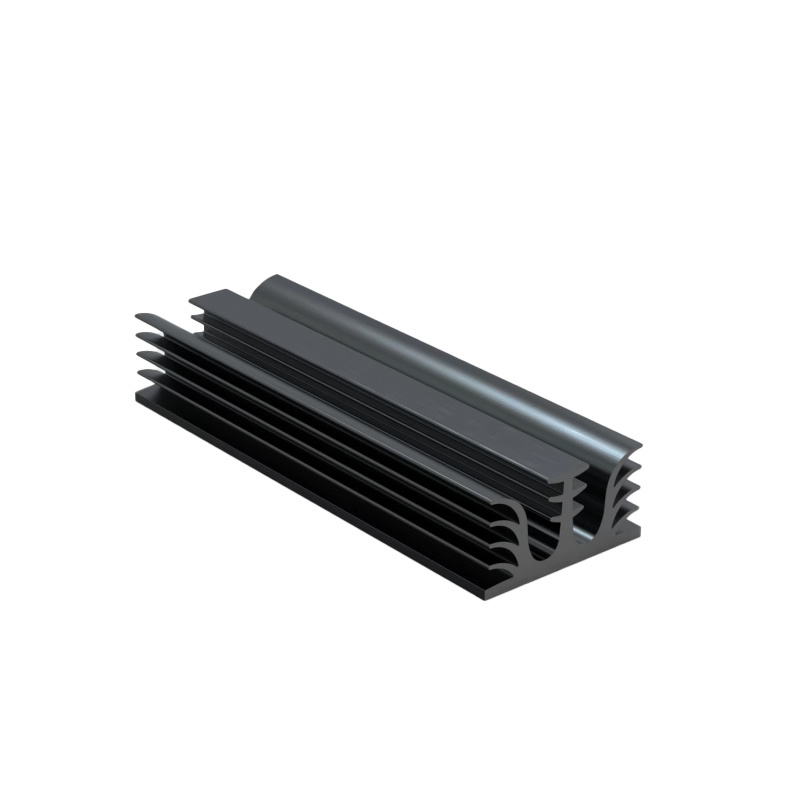
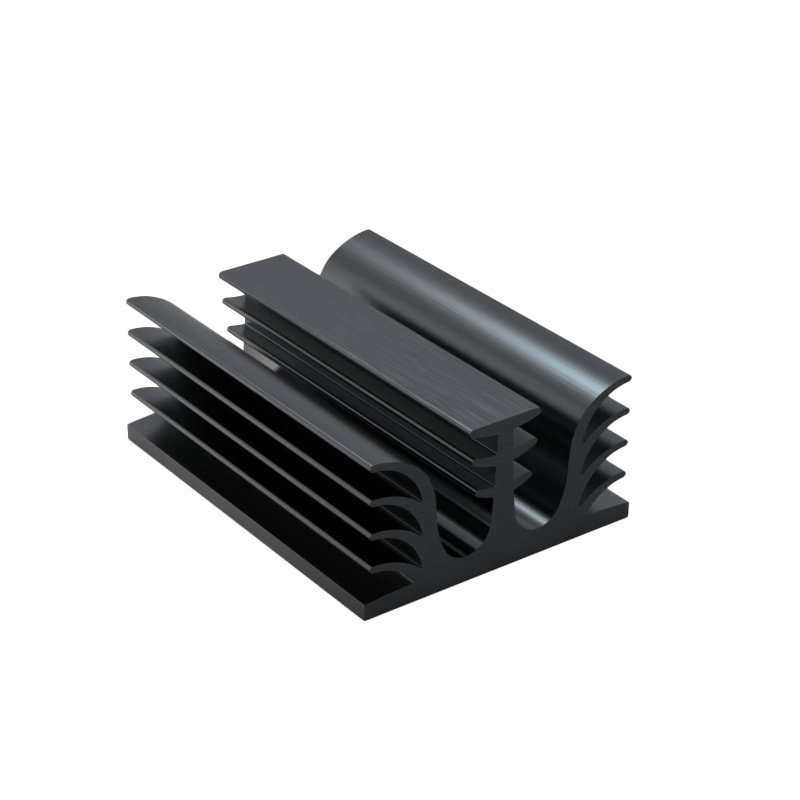
Y-shaped Heat Sink
The main function of the amplifier heat sink is to reduce the heat generated by the amplifier during the working process, to ensure its normal operation and extend its service life.

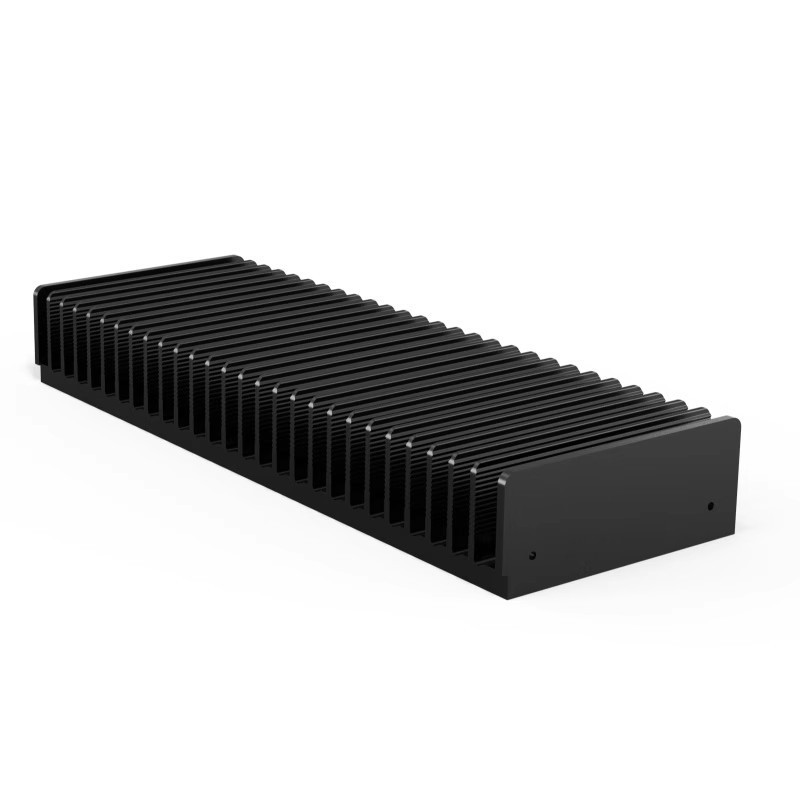

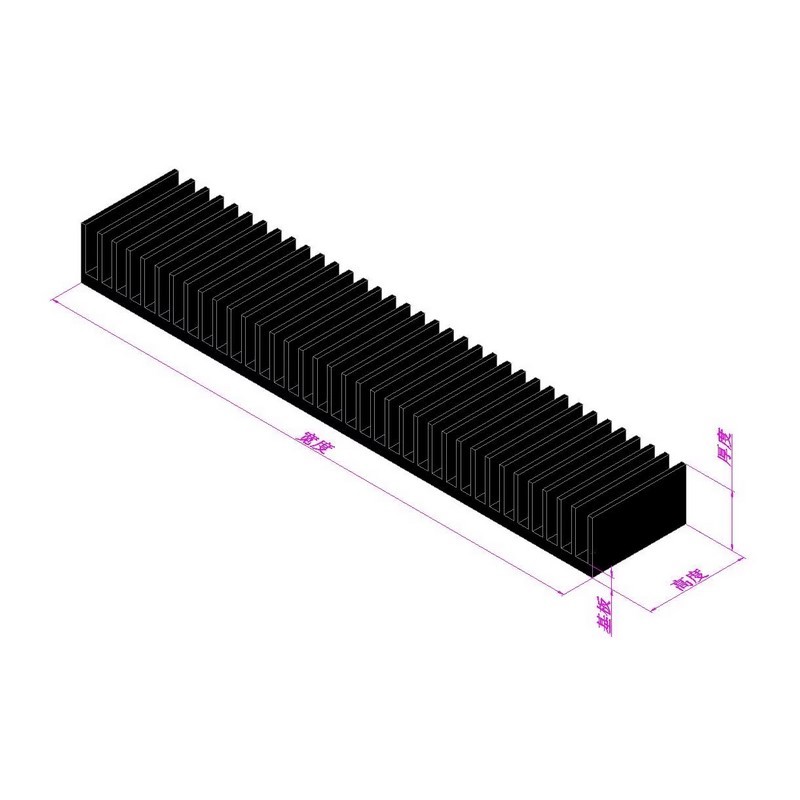
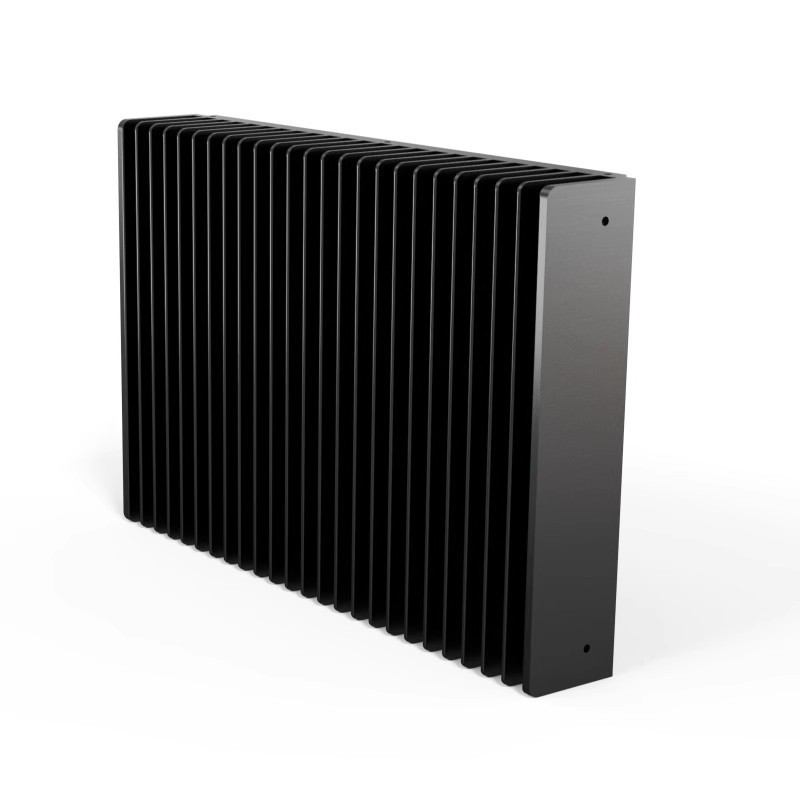
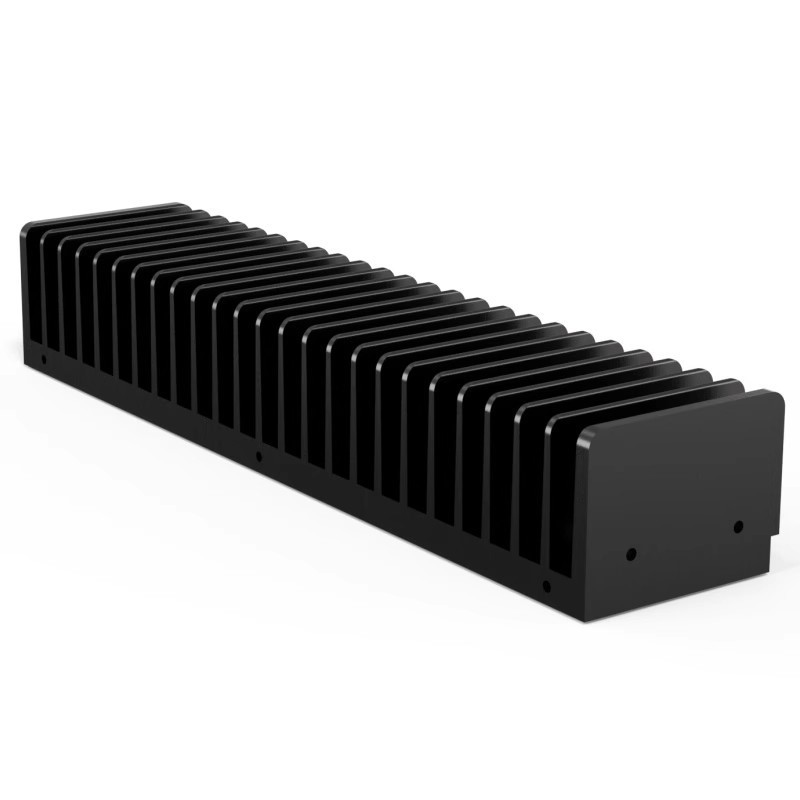
E-shaped Heat Sink
After the aluminum alloy radiator undergoes blackening oxidation treatment, the emissivity of its surface is significantly improved, which helps to enhance the cooling effect of the radiator.


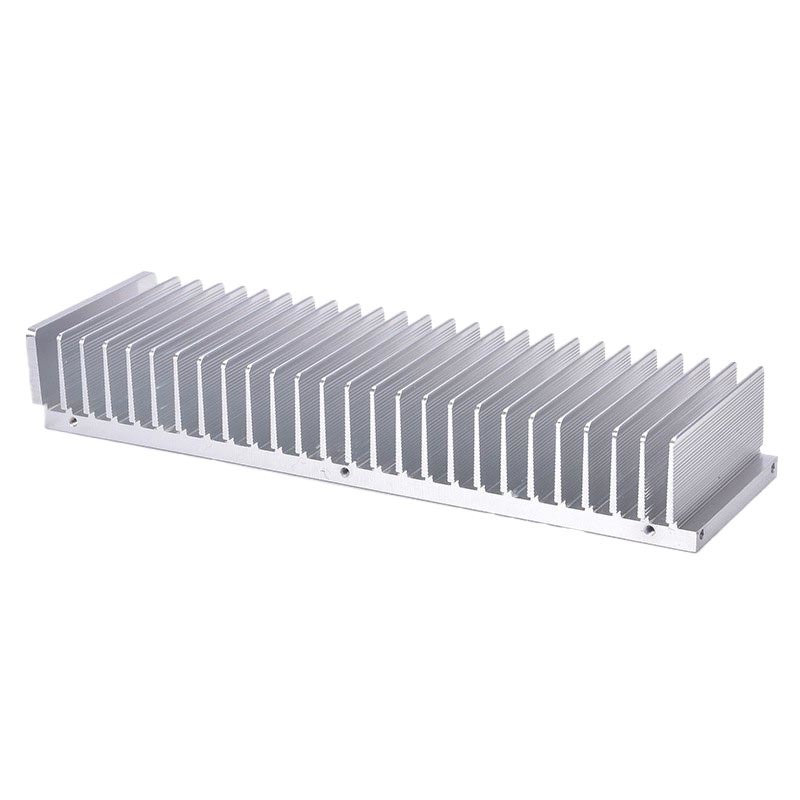
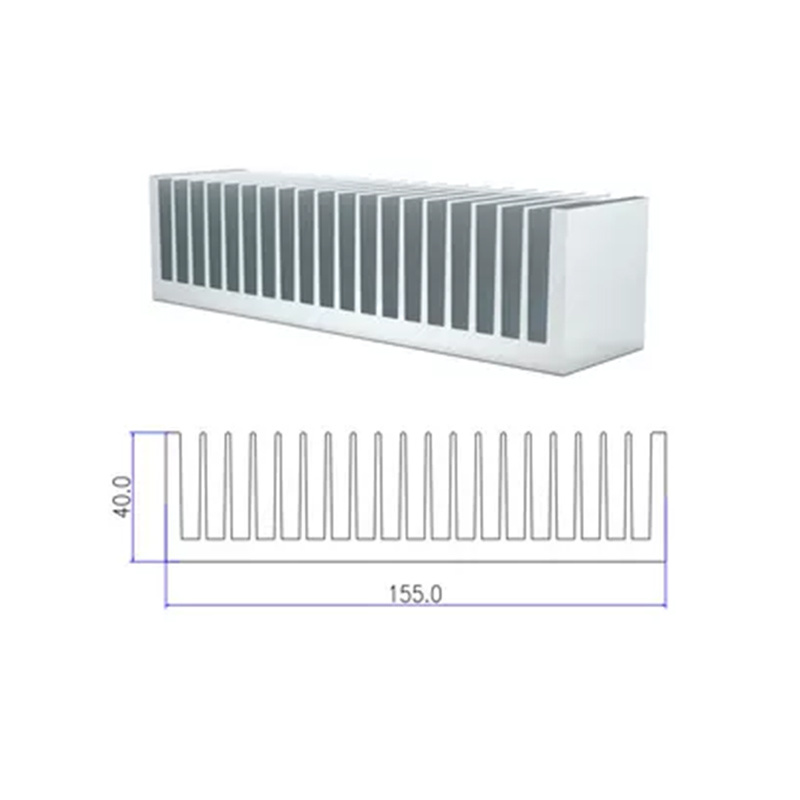
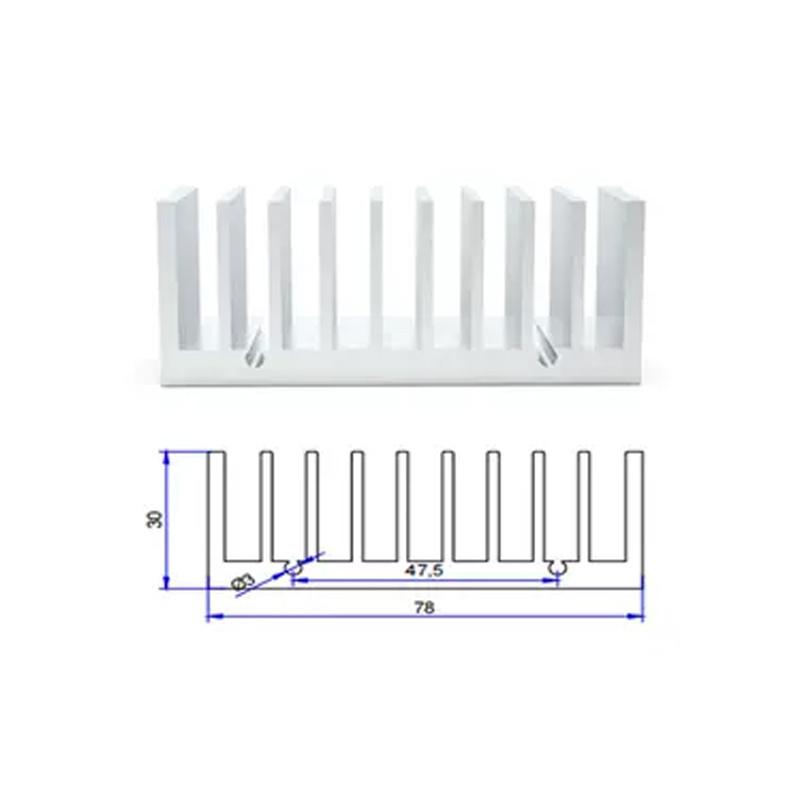
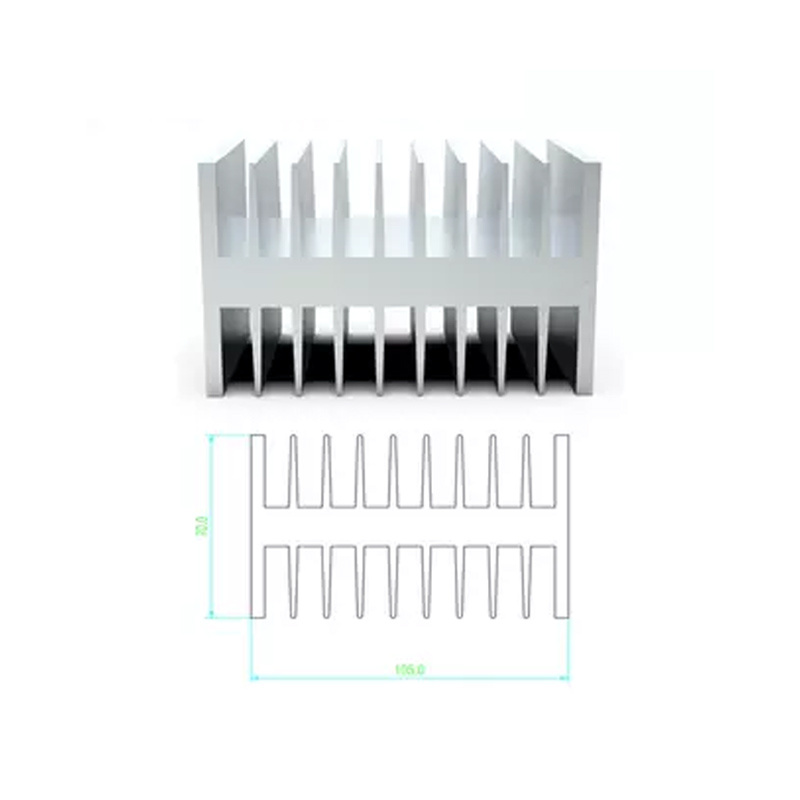
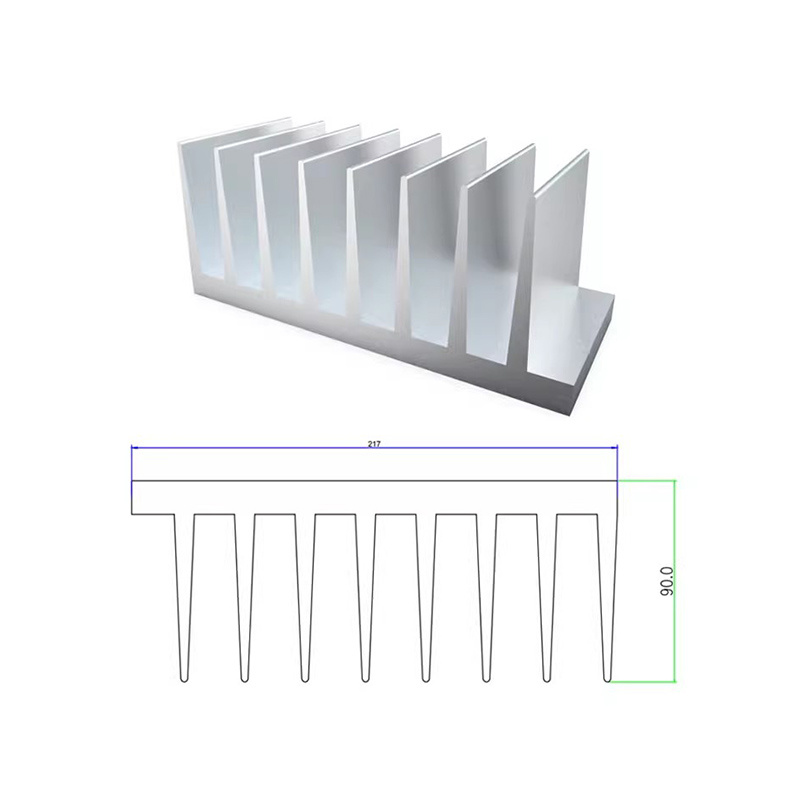
E-shaped Heat Sink
E-shaped Heat Sink Silver (non-serrated)
After the aluminum alloy radiator undergoes blackening oxidation treatment, the emissivity of its surface is significantly improved, which helps to enhance the cooling effect of the radiator.
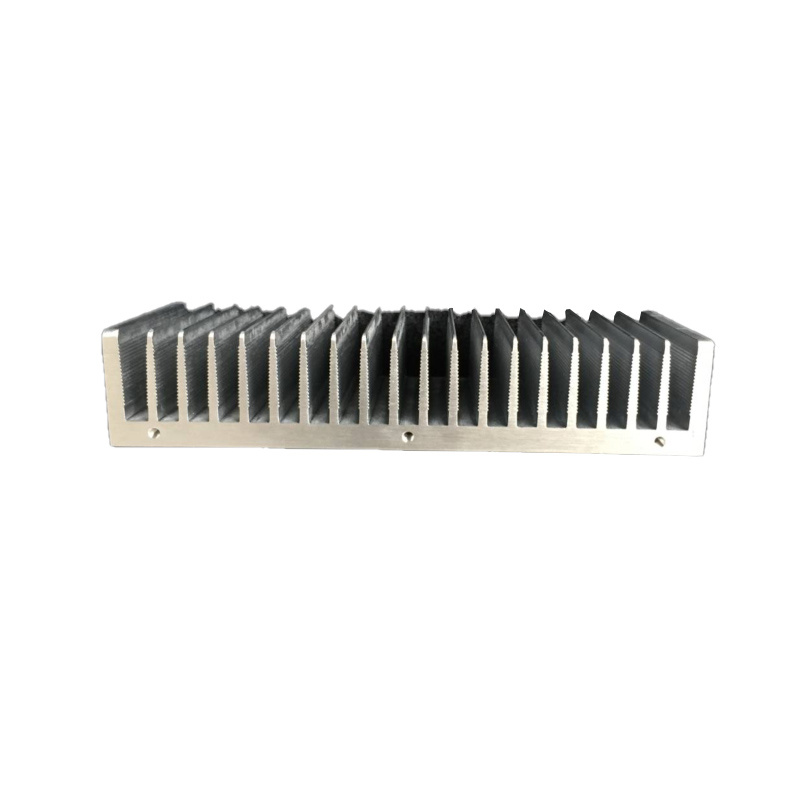
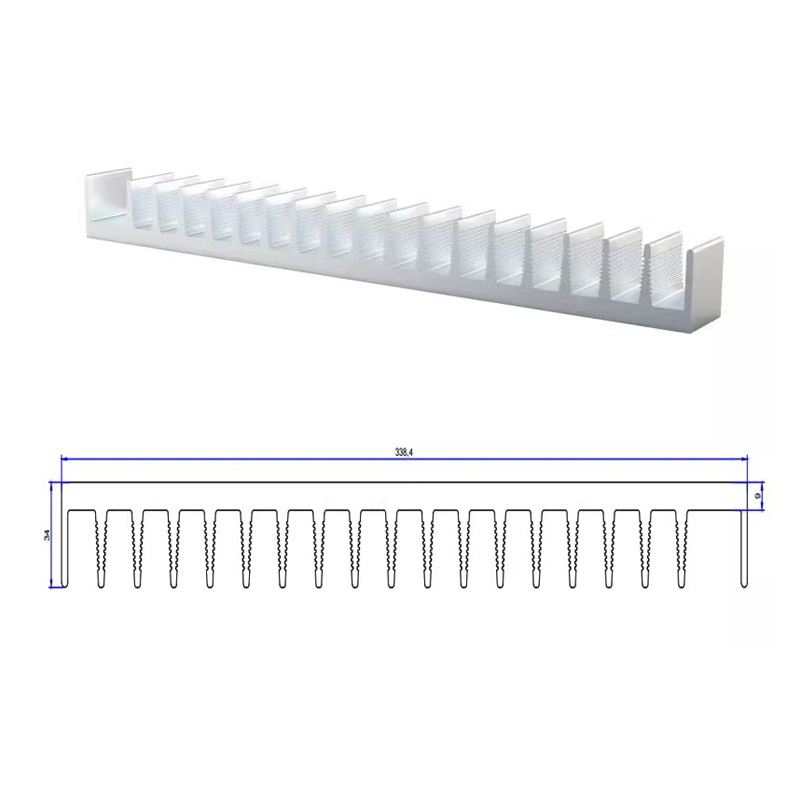
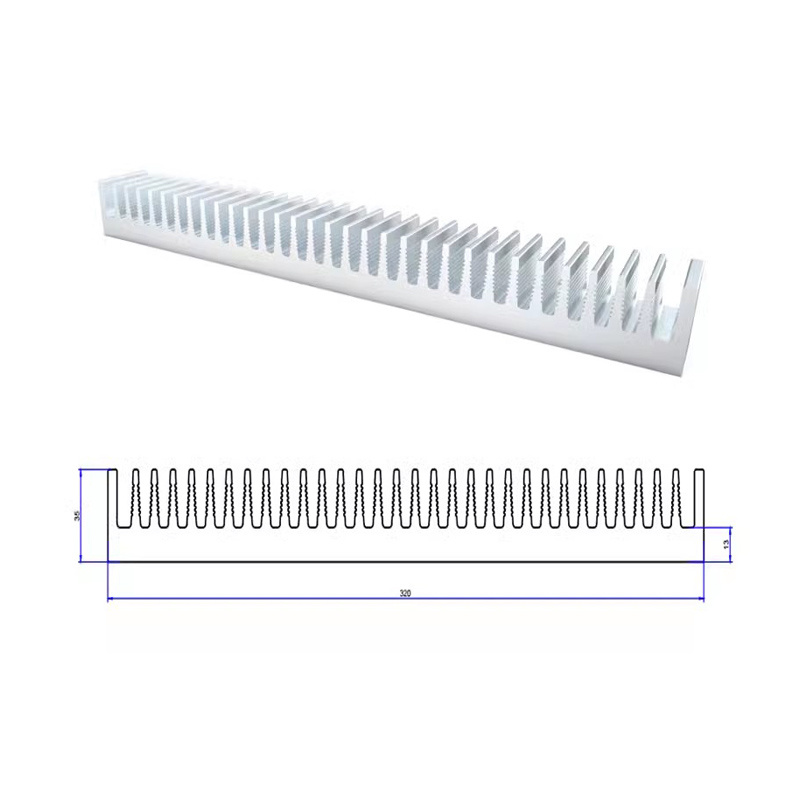
E-shaped Heat Sink
E-shaped Heat Sink Silver (serrated)
After the aluminum alloy radiator undergoes blackening oxidation treatment, the emissivity of its surface is significantly improved, which helps to enhance the cooling effect of the radiator.
Service Covers Multiple Fields
Power Amplifiers
Instrumentation
Headphone Amplifiers
Tube Amplifiers
Soldering Stations
CD Players
Power Supplies
Industrial Control Enclosures





